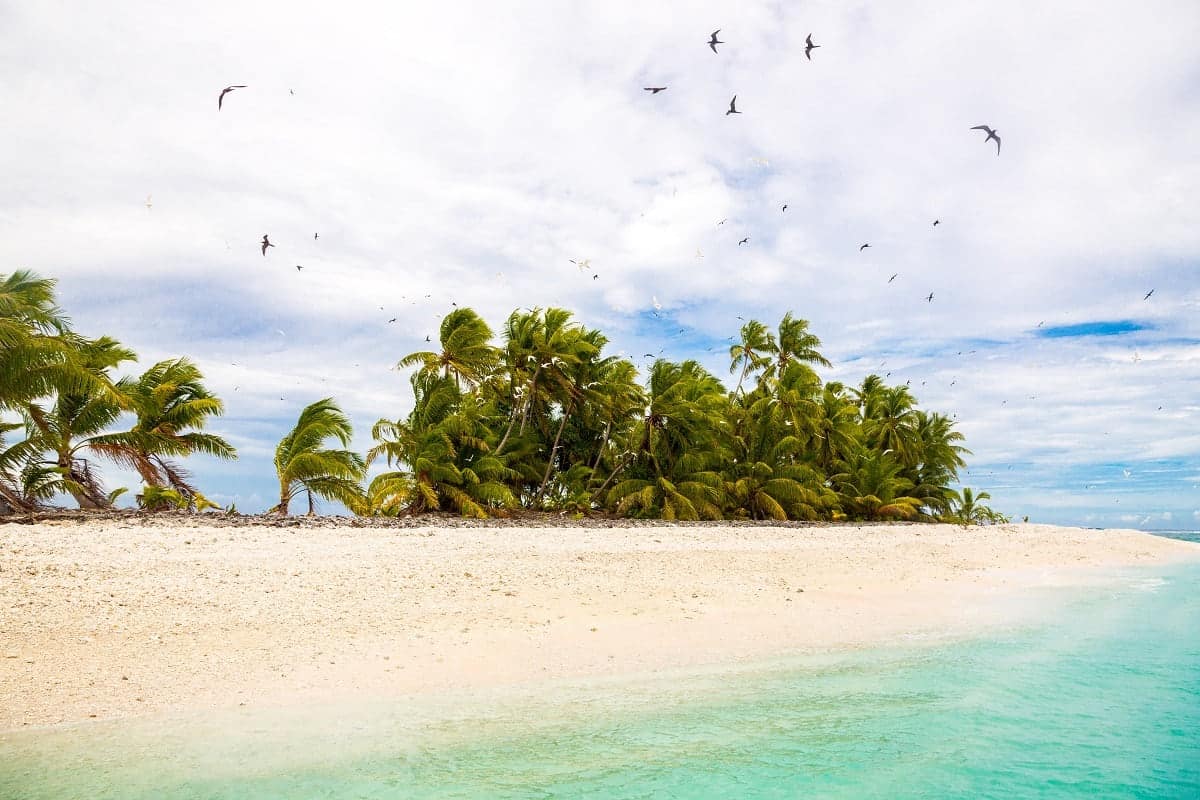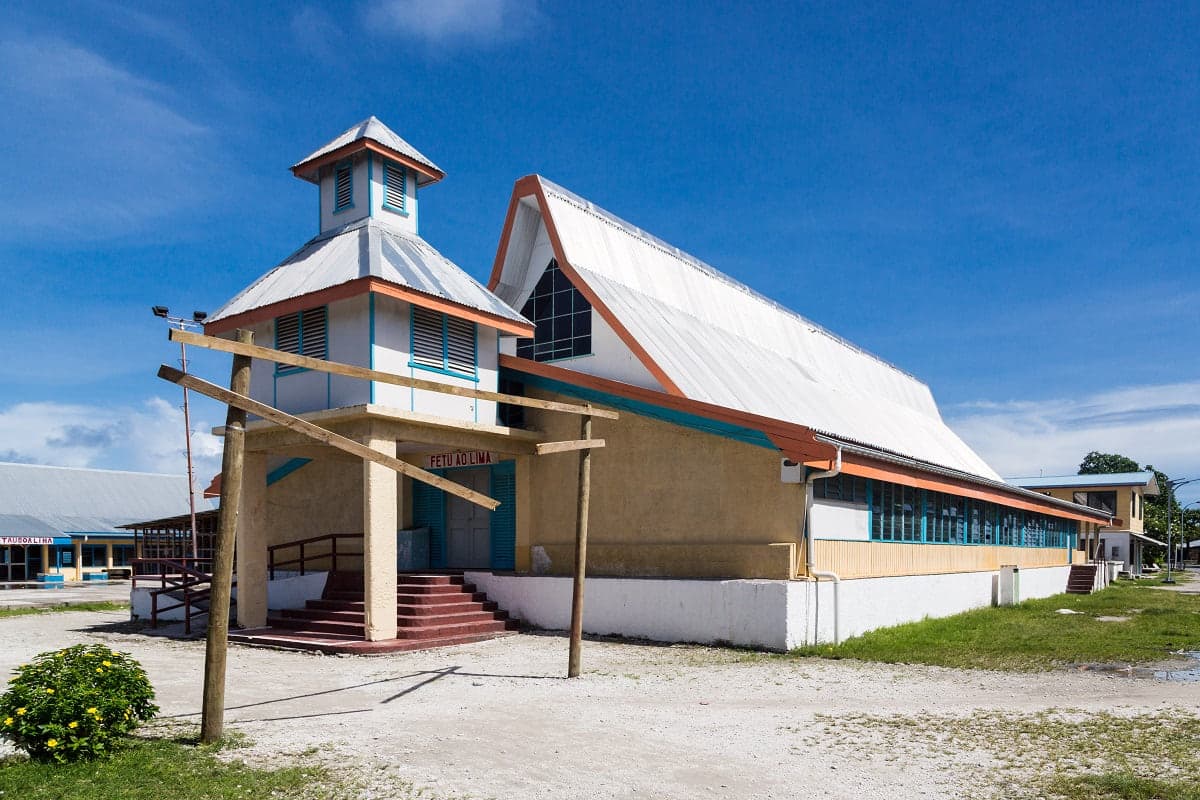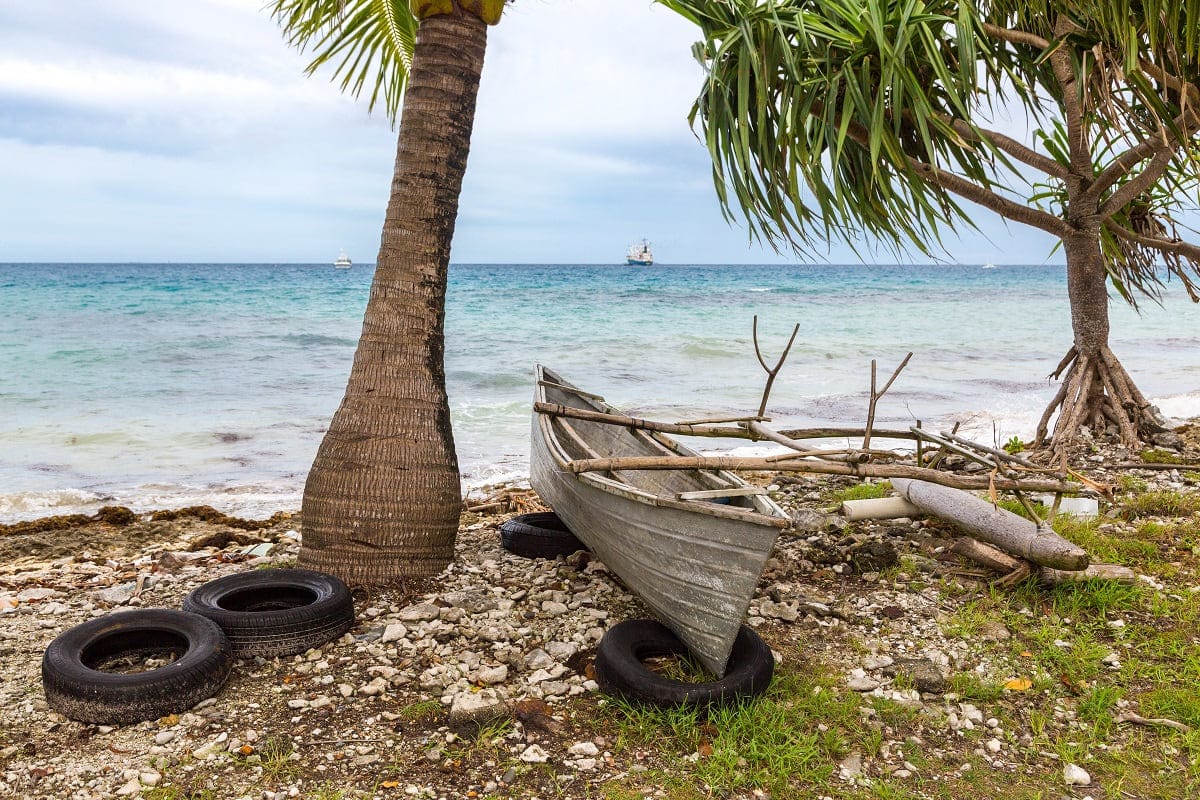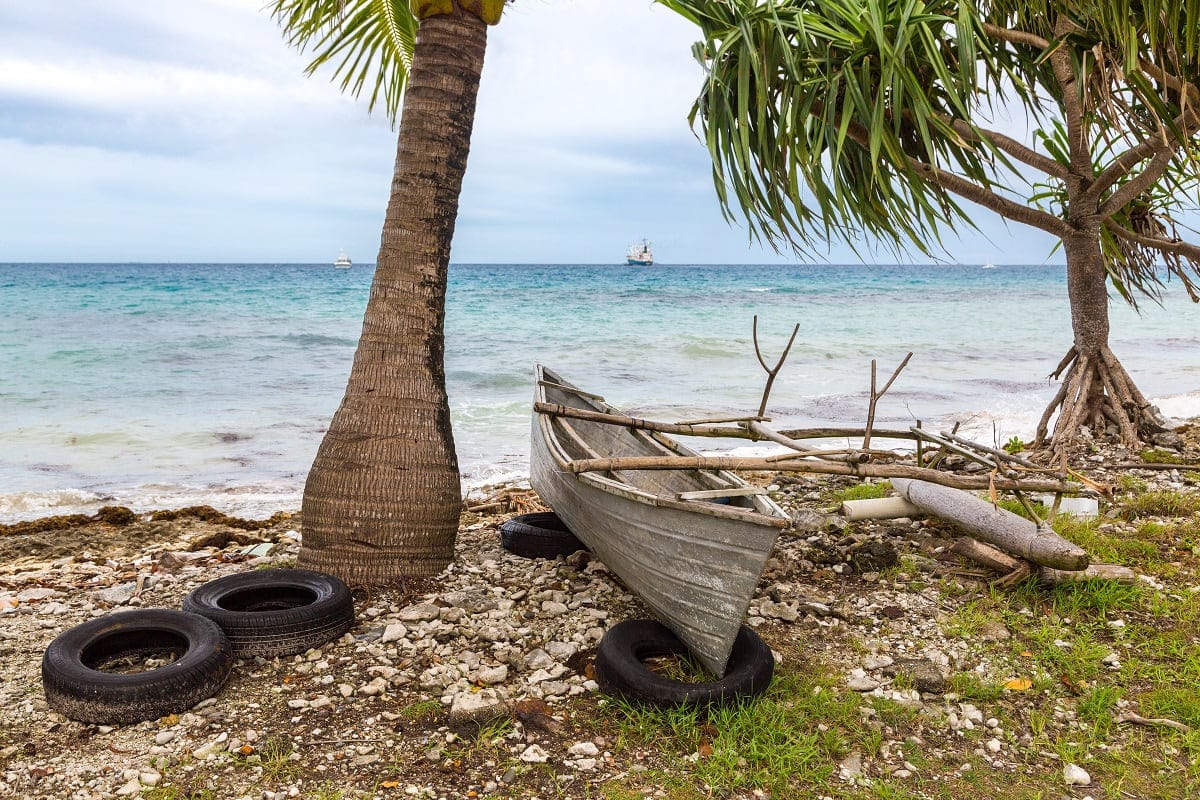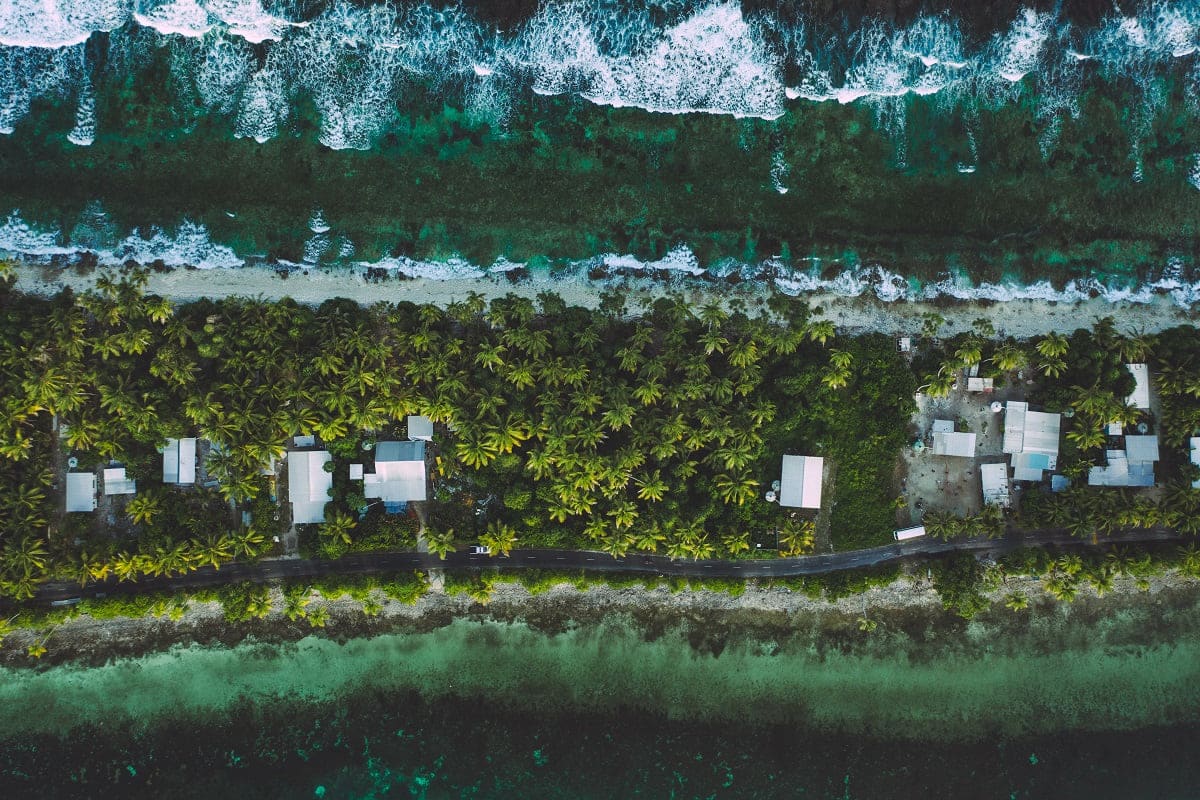Tuvalu, the Submerged Archipelago
Tuvalu is an island nation and territory made up of nine atolls and coral islands. They lie in the middle of the South Pacific Ocean, between Hawaii and the Fiji Islands, absolutely isolated and almost abandoned. Indeed, the Tuvalu Islands are seriously threatened by rising sea levels. The tragic result of climate change, it is estimated that they will be submerged within 50 years if the world does not act. For the time being, the government’s grievances are not receiving the expected response, and the future looks set to be one of exile. In spite of the melancholy, the inhabitants are still smiling, and welcome the rare international visitors to their paradise on borrowed time.
About Tuvalu
Why Visit Tuvalu
Here’s a trip to the end of the world in every sense of the word! Tuvalu is geographically isolated, more than a thousand kilometers from its nearest neighbors. Difficult to access, the nine islands and atolls are also hundreds of nautical miles apart. With limited natural resources and densely populated but small populations, the micro-nation lacks a tourism infrastructure that meets Western standards: archaic hotels, sparingly distributed water and the absence of organized tours.
As a result, international visitors are few and far between: just a few thousand a year! Completely off the beaten tourist track, Tuvalu is an intimate destination offering an extraordinary sense of discovery and authenticity. At sea level and with no elevation changes, visitors enjoy incredible natural landscapes, both colorful and deserted, at the slow pace of the island nation. In this land threatened with extinction, the journey becomes introspective.
The Essentials of Tuvalu
1. Sharing the Everyday Life of Tuvaluans
Due to their isolation and limited means, the inhabitants of Tuvalu are unable to travel the world. So they welcome the rare visitors to their islands with curiosity and kindness. Contact is made all the easier by the fact that the village spirit still prevails: everyone knows each other and frequents the same places in Tuvalu. Immersion in local daily life is complete, and social barriers are quickly broken down.
The locals speak Tuvaluan, but most of them know English, making communication easy. Exchanges take place naturally at the turn of a traditional dance party, a meal or a church service. The absence of tour operators on site also favors spontaneous excursions in the company of your hosts at the guesthouse, a fisherman or a local you met the day before.
2. Funafuti Conservation Area
Tuvalu’s main aquatic protection zone is located on the western slope of Funafuti atoll. It comprises several motus, channels and a large part of the lagoon and coral reef. A 20-minute boat ride from the villages, this environmental laboratory has become a haven for many species, both marine and terrestrial. Green turtles, numerous fish and molluscs, preserved coral and a host of birds can all be observed on the islets. Beyond the reef, more imposing species such as reef sharks live peacefully in the ocean waters.
In this unique environment, the colors of the lagoon are fantastic, and underwater visibility makes for easy and enjoyable observation. In fact, the area is very popular for snorkeling and swimming. The white sandy beach of one of the motus also offers magnificent scenery. A day trip by pirogue in the company of a local is a must in Tuvalu.
3. Visit the Outer Islands
Tuvalu has nine islands and atolls: Funafuti, Nanumaga, Nanumea, Niulakita, Niutao, Nui, Niulakita, Nukufetau, Nukulaelae and Vaitupu. In the absence of airfields, ferry services are used for supplies and passenger transport. However, the fortnightly frequency of traffic means that any journey is potentially very long, if the return connection is not postponed or even cancelled. As a result, most of the few international visitors remain in Funafuti, the capital where over half of the country’s total population lives.
For romantic explorers who take the plunge, it’s an opportunity to experience an even more immersive journey in contact with the locals. Covered with motus for lagoon strolls and snorkeling, Nukufetau atoll promises total disconnection from the natural elements. Another destination of choice, the island of Vaitupu, is punctuated by a self-sufficient daily life. In any case, these are trips to be reserved for those in search of a tranquil retreat with no time constraints.
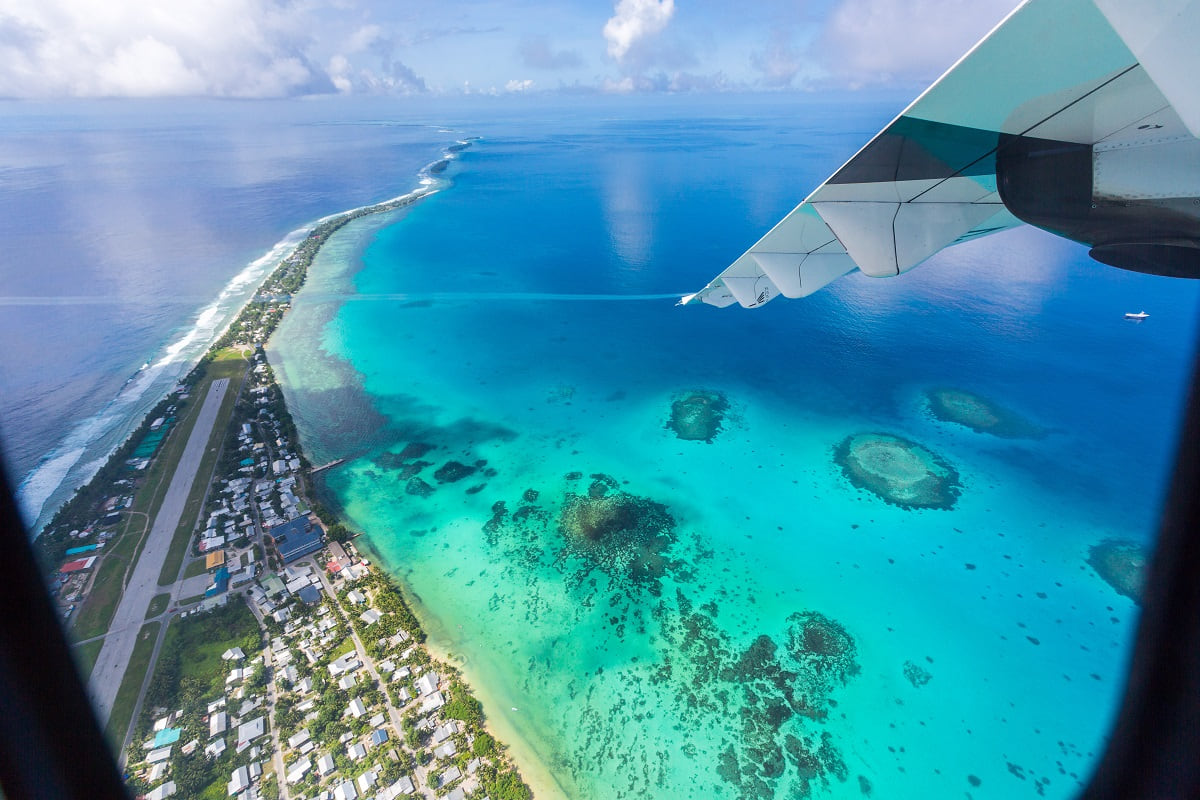
Tuvalu in a Nutshell
Tuvalu is a little-known and original destination for those wishing to discover life at the end of the world. In spite of the British influence, the Polynesian spirit prevails, resulting in beautiful encounters, dreamy landscapes and the feeling of living a unique experience. An atypical adventure, certainly, but also one imbued with a certain weariness in the face of the depletion of natural resources and the inexorable rise in sea levels. At the end of the world and the end of time: an island paradise on the brink of apocalypse?
Funafuti atoll can be visited in just two days. On the other hand, at least two weeks are needed to fully immerse yourself in the daily life of the inhabitants, and almost a month to visit one or two other islands in the archipelago. All that remains is to choose the best time to visit Tuvalu. This trip can be part of a wider Polynesia discovery program, including Hawaii, Fiji and New Zealand. Contact us for further information.
Good to Know
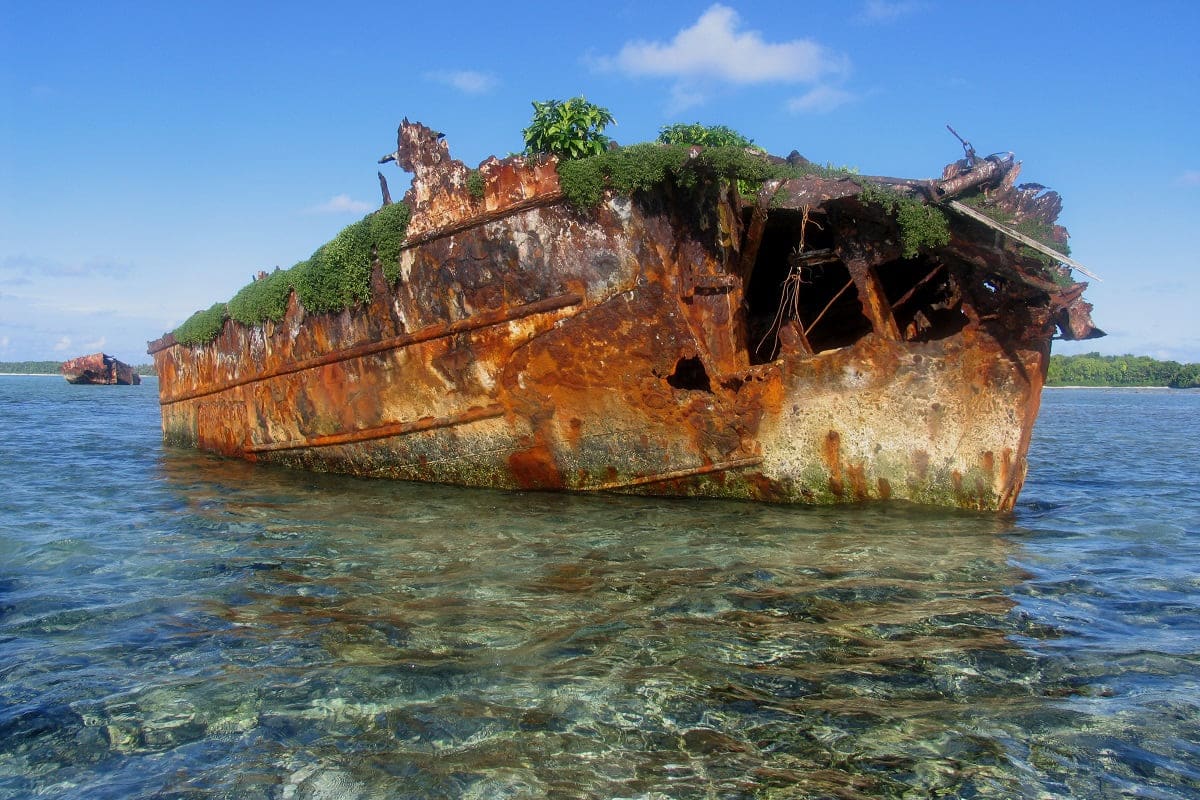
Explore Tuvalu
Check Out Our Practical Tips, Recommendations & Ideas For Your Stay!

